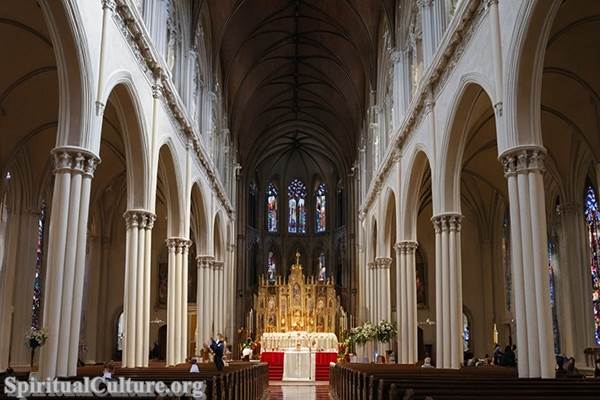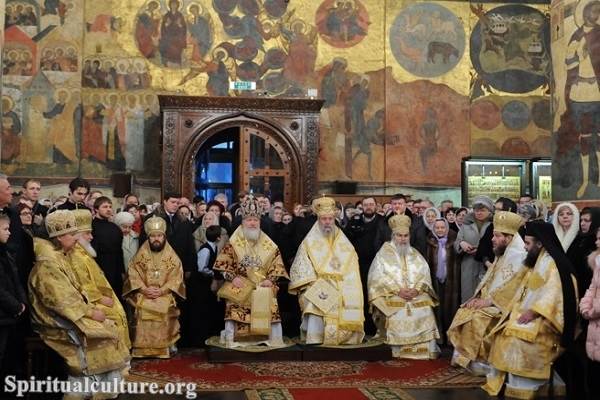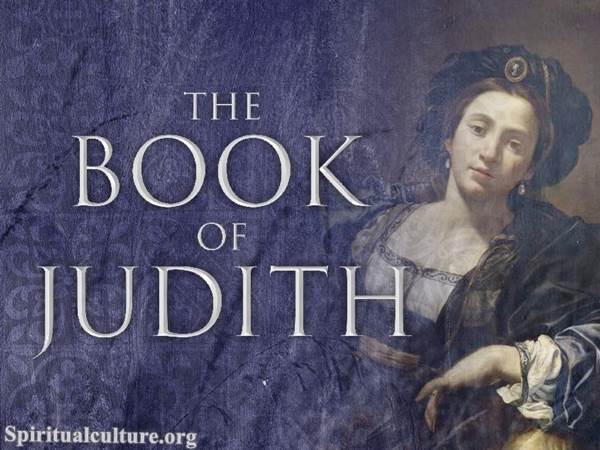Death is not the end in Catholic belief. Rather, it is a threshold — a doorway through which the soul steps into eternity. But what lies on the other side? What awaits the human soul after its final breath? Catholic teaching offers a vision that is both sobering and hope-filled: Heaven, Hell, and Purgatory. These are not mere places, but profound realities reflecting the soul’s relationship with God.
In this article, Spiritual Culture invites you to journey into the heart of Catholic eschatology — to understand not only what these doctrines teach, but why they matter. What is Heaven, truly? Who goes to Hell — and why? And what is Purgatory, that mysterious middle place of mercy and purification?
Whether you are Catholic, curious, or simply longing to understand what eternity might hold, this exploration will offer depth, clarity, and a fresh perspective on life’s ultimate destiny.
Heaven: The Fulfillment of All Desire
Heaven as Union with God
In Catholic belief, Heaven is not simply a reward — it is the very presence of God. To enter Heaven is to see God “face to face” (1 Corinthians 13:12), an experience known as the Beatific Vision. It is the soul’s full and eternal union with the One who created it out of love.
The Catechism of the Catholic Church describes Heaven this way:
“Those who die in God’s grace and friendship and are perfectly purified live forever with Christ. They are like God forever, for they ‘see Him as He is,’ face to face.” (CCC 1023)
This vision is not abstract or distant. It is intimate, transformative, and overflowing with joy. Every longing, every hunger for truth, beauty, justice, or love — all are fulfilled in the face of God.
The Communion of Saints
Heaven is also communal. It is the “great cloud of witnesses” (Hebrews 12:1), the saints and angels praising God together. In this eternal communion, souls retain their individuality but are united in perfect harmony.
Love is no longer wounded or threatened. There is no envy, no fear, no need to protect oneself. All relationships are restored, transfigured by divine charity.
Hell: The Consequence of Free Refusal
Not Sent, But Chosen
Hell, in Catholic theology, is not a punishment inflicted against one’s will. Rather, it is the consequence of a soul definitively rejecting God.
“To die in mortal sin without repenting and accepting God’s merciful love means remaining separated from Him forever by one’s own free choice.” (CCC 1033)
God desires all to be saved (1 Timothy 2:4), but He respects human freedom. If a soul persistently and freely chooses self over God — turning away from love, truth, and grace — it can close itself off from communion with God forever.
The Pain of Separation
The deepest suffering of Hell is not fire or torment, but the absence of God. The soul, made for love, experiences eternal isolation. This is not merely emotional anguish, but ontological — the being of the soul is ruptured from its source.
Jesus Himself speaks of Hell with great solemnity: “Depart from me… into the eternal fire prepared for the devil and his angels” (Matthew 25:41). These warnings are not threats, but merciful urgings to repentance.
Purgatory: The Mercy of Preparation
What Is Purgatory?
Purgatory is perhaps the most misunderstood element of Catholic eschatology. It is not a second chance or a mini-Hell. Rather, it is a state of purification for those who die in God’s grace but still need healing from the effects of sin.
“All who die in God’s grace and friendship, but still imperfectly purified, undergo purification, so as to achieve the holiness necessary to enter the joy of heaven.” (CCC 1030)
Imagine standing before perfect holiness, yet still carrying the wounds, attachments, and selfishness of earthly life. Purgatory is God’s mercy — a fire that burns away the dross, leaving only gold.
Scriptural Echoes
Though the word “Purgatory” does not appear in the Bible, its roots are found in Scripture. 2 Maccabees 12:46 states:
“It is therefore a holy and wholesome thought to pray for the dead, that they may be loosed from sins.”
In 1 Corinthians 3:15, St. Paul speaks of a person being saved “as through fire,” implying a purifying process.
The Church’s teaching is not about punishment but love — the love that insists on making the soul ready for full union with God.
Why These Teachings Matter
They Uphold the Justice of God
The doctrines of Heaven, Hell, and Purgatory affirm that our choices matter. God’s love is not coercive. He offers grace, but does not override free will. A world without consequence would be a world without dignity. The afterlife is not arbitrary — it is the soul’s final truth revealed.
They Reveal the Tenderness of God
Purgatory, especially, shows God’s mercy. He could demand perfection at the moment of death. Instead, He allows a process of healing. It is like a loving parent who says, “I will help you be ready for the joy I have prepared for you.”
Even Hell — as mysterious and dreadful as it is — reflects a God who honors human freedom, even when it means suffering.
Catholic Practices Connected to the Afterlife
Praying for the Dead
Catholics pray for the souls in Purgatory, especially during November — the month of All Souls. This is not a superstition but an act of love, based on the belief that our prayers can help purify souls on their way to Heaven.
The Church invites the faithful to offer:
- Masses for the dead
- Prayers and Rosaries
- Acts of penance or charity in their name
This practice builds spiritual solidarity between the living and the dead — the Communion of Saints extending across the veil.
The Last Rites
When someone is dying, the Church offers the Sacrament of the Anointing of the Sick, Confession, and Holy Communion (called “Viaticum” — food for the journey). These rites prepare the soul to meet God with peace.
Misconceptions Clarified
“Purgatory is a Catholic invention”
While the term developed over centuries, the concept of post-death purification appears early in Christian tradition. Even before formal definitions, Christians prayed for the dead — evidence that they believed in ongoing sanctification beyond the grave.
“Hell is incompatible with a loving God”
On the contrary, love without freedom is control. Hell exists because love must be freely chosen. God’s desire is always to save — but He does not force Himself on the soul.
“Heaven is boring or abstract”
The Catholic vision of Heaven is anything but dull. It is dynamic, joyful, overflowing with life and love. As C.S. Lewis wrote: “Joy is the serious business of Heaven.”
Living with Eternity in Mind
Every Day Is a Choice
Catholic teaching on the afterlife is not about fear — it is about transformation. We are invited daily to choose love over selfishness, grace over sin, humility over pride.
Earthly Life Matters
What we do now echoes in eternity. Each act of kindness, every decision to forgive, every moment of prayer is shaping the soul’s eternal destiny. Life is a sacred preparation.
Hope, Not Despair
Even in the face of death, Catholic faith does not despair. It proclaims, with confidence, that God is merciful and just, and that love is stronger than death.
Reflect and Reimagine
What if Heaven is not far away, but already beginning in the heart that loves God?
What if Purgatory is not a punishment, but a final embrace — a cleansing kiss from the God who wants us wholly His?
And what if Hell, terrible as it is, is simply the tragic echo of a soul saying, “I will not love”?
Catholic belief about the afterlife is not merely theological — it is deeply human. It touches the longing for justice, for mercy, for belonging. It tells us that how we live matters. That love matters. That eternity is not a myth, but a mystery we are already moving toward.
As “Spiritual Culture,” we urge you not just to understand these teachings, but to live in light of them. Let your life be shaped by hope, sobered by freedom, and inspired by the joy of the world to come.




